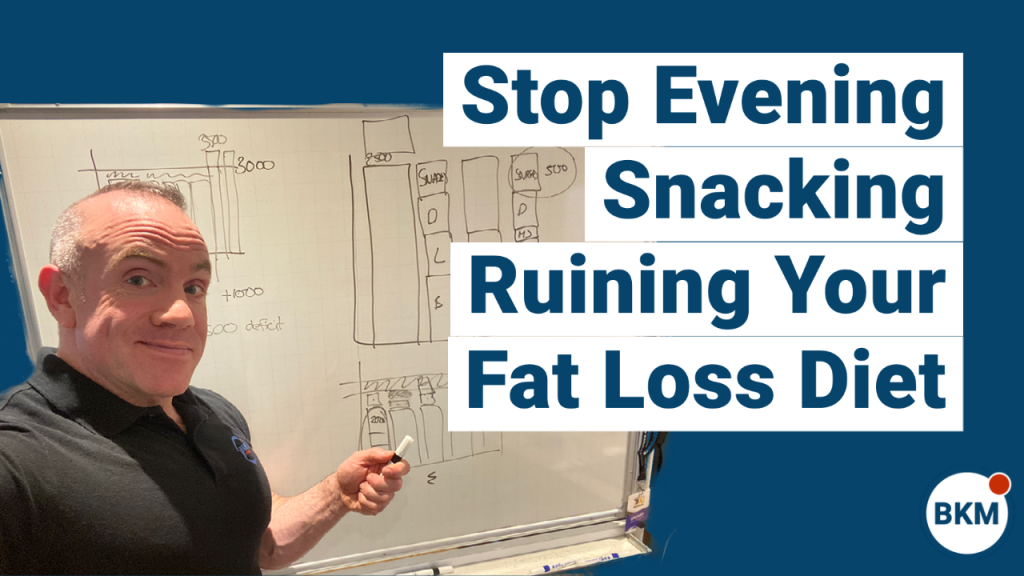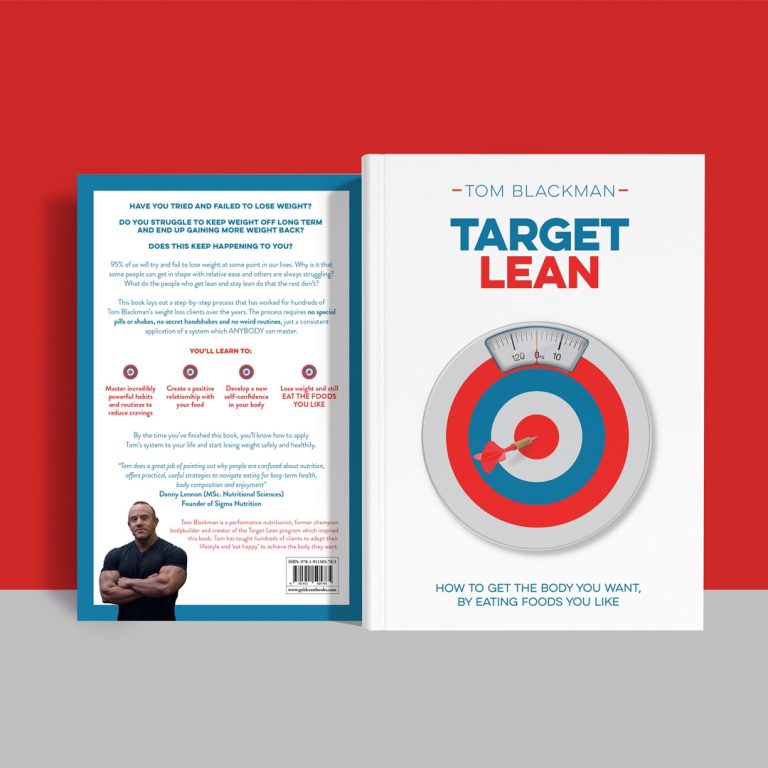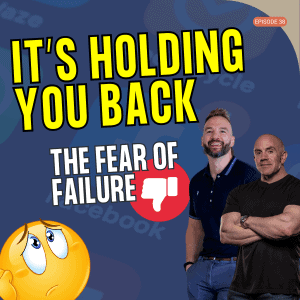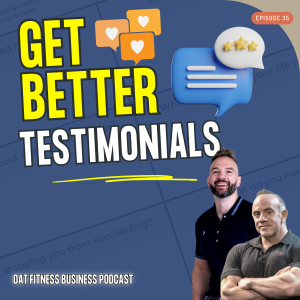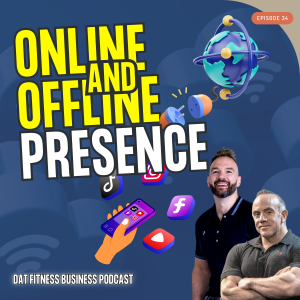How to prevent overeating when bored at night and what foods you can eat at night to help you lose weight
Is snacking at night a bad thing or can it be done without affecting your weight loss?
Snacking at night isn’t actually a bad thing and you don’t have to stop doing it completely if you’re trying to lose weight. In fact late night snacking can be part of a healthy lifestyle and help reinforce a positive relationship with food.
Many people mistakenly try to force themselves to stop snacking at night which then builds up and results in a massive overeating binge at regular intervals. If you’ve ever tried to stop yourself snacking at night you’ll know what I mean.
In this article I’ll show you:
- How to safely snack at night without ruining your diet
- How to stop yourself overeating on snacks while watching the TV
- Which foods to eat and which to avoid
- Why eating before bed may help your body composition goals
- Why many people get snacking wrong and how to avoid their mistakes
The Dangers and the Benefits of Night Time Snacking
Like many aspects of nutrition and weight loss there is no YES or NO answer to the question “is night-time snacking bad for you?”
Ultimately weight loss (through fat loss) will come through a calorie deficit. You absolutely need a calorie deficit to lose body fat which in turn will bring some weight loss. There is a difference between weight loss and fat loss though which I discuss in the video below.
It’s quite possible to snack at night and still keep in good condition with a low level of body fat. I’ve been doing it for years.
The Dangers of Night Time Snacking and Weight Gain
It’s pretty obvious what the danger from snacking is.
You eat too much and you gain fat leading to putting on weight.
How does this happen though?
With rational thought we wouldn’t overeat. No one really sits down on the sofa and says to their partner/dog/cat:
“Right, tonight I’m going for the type 2 diabetes award with all this junk food. Wish me luck”
So what are the things that cause us to overeat in the evening? Here are my top 5 that I see with clients.
1. Mindless uncontrolled eating
There is a brilliant book that I reference a lot called ‘Mindless Eating’ which covers this phenomenon in great detail. The stories on how eating behaviour can develop are very interesting.
We eat mindlessly when we are distracted.
Tv and Cinema are prime offenders for this. Also if you play computer games at night it’s likely you’ll get yourself some snacks to keep you going. If we have food in front of us we will pick at it even if we are not hungry.
Our brain does not register each mouthful as a total only a single action which is forgotten straight away. If you’ve ever gotten to the bottom of a Pringles tub and wondered how you ate all of them, there’s the reason why.
If you tipped the pringles out into a bowl you may not eat your way through a whole tub as quickly because when it’s all in front of you the awareness of the volume of food is there. However it’s likely you still will eventually, as it’s right in front of you.
Evening snacking is very much a mindless eating affair and I’ll come on to how to deal with this problem later.
You need to be aware of the issue, so that when you catch yourself doing it, you know why.
2. Not being aware of calories in food that you snack on
This is a big culprit behind the weight gain not just in snackers but in general. Many people are not aware of the calories in food they eat.
A single hobnob (a favourite of mine) has nearly 100 calories in it. How fast can you eat a pack of hobnobs? I think I hold the record. That’s nearly 2000 calories that can be eaten in under 30 minutes, just from snacking.
Being aware of the food that you are eating means that you can not only control your intake but also take control of your choices of what to eat. You can eat hobnobs if you want, but knowing how many is right for you is the key here.
Use a tool such as My Fitness Pal or Eat This Much to track your food intake and you may be surprised at how many calories are in your favourite foods.
Many of my clients see immediate results once they are made aware of the calories in their regular foods and adjust their intake.
3. Eating ‘trigger’ foods that cause overeating binges
You will have foods that cause you to eat a lot in a very short space of time. For me it’s Pringles and Hobnobs. If left unchecked I’ll go through packets of those foods in a very short space of time.
Knowing which foods set you off and which are ‘safe’ to eat in so much as you can have a couple and be satisfied is key to controlling snacking.
If you need help with this then use my LEAN matrix to help you identify the foods that you should be very careful about snacking on.
This doesn’t mean that you should avoid them altogether, I do still eat Pringles and Hobnobs but I use a system called ‘break cues’ to control my intake. More on that later.
4. Eating in Bed
Eating in bed is not great for a few reasons. Firstly you get crumbs and food in the place you are going to sleep and second you will start to associate going to bed with eating. This will mean that you’ll get hunger cues when you go to bed, even if you are not actually hungry. It will become a habit to eat in bed.
This also disrupts your sleep patterns.
You want only 2 things associated with going to bed
- Sleeping
- The other thing
Don’t start bringing other things in as it will confuse your mind.
5. Anchoring your activities with eating
Anchoring is when you associate one action with another. For example if you go to the gym then you’re saying you’re going to train. Unless of course you work in a gym, when it could be both.
Anchoring means that when you start doing an action your mind will expect another action to follow. I used to associate having a beer with eating crisps because I would always have some crisps with my beer. It got to a level where I couldn’t have a beer without eating crisps and the drive to have crisps meant that the beer didn’t feel right without them.
This can be a positive thing as well, for example if you always play a certain tune before doing a positive action like working out, the tune itself can get you in the right frame of mind for a workout if you are having a demotivated day.
Many bad habits are formed from anchoring and it can make the habit very hard to break. If you always eat when you sit on the sofa then your mind will give you that cue whenever you sit down, this won’t be just confined to in the evening. It won’t feel right to sit down without food.
Therefore you want to make sure that you don’t just eat when sat on the sofa. Playing a computer game, reading a book, listening to music if you do different stuff when you sit down as well as snack watching TV then you’ll not install that habit via the anchor and so it will be easier not to eat instinctively when you sit down.
Don’t repetitively do the same thing and eat, unless that’s sitting at the dinner table of course. Otherwise that activity will always be associated with eating.
With those Dangers in mind here are some solutions and how snacking can be a positive action
Calorie Banking
A simple method which I teach clients and I employ myself to be able to snack at night and lose body fat is called Calorie Banking. The image below shows how you can use this method to allocate more calories to your weekend if you have a big night out planned, or a weekend break.
If you ‘overspend’ calories then you need to earn them back again to get back to where you were otherwise you’ll continue to get into calorie debt and gain body fat. Whenever you are in debt you accumulate interest and the interest in this case is health complications associated with being overweight.
If you are only slightly overweight then the interest isn’t really that damaging but the more overweight you become the more damaging your interest becomes and also makes it harder to get back to where you started.
Snacking is like a weekend at Vegas, very easy to overspend quite quickly without realising.
In order to keep yourself from overeating/overspending we can calorie bank. This is done by allocating some calories specifically to our snacking time.
For example if we have 2500 calories per day to keep us in a deficit and therefore losing body fat we can allocate 500 calories each evening to our snacking.
You can then allocate the remaining 2000 calories out over the day according to your lifestyle. For a detailed tutorial on how to do this watch this video
This means that you won’t be caught unawares at the end of the day when you’ve eaten all your calories for the day and have a night time snack attack. You will have already planned for it and the calories are there ready to be used.
Giving you a positive relationship with food and bring control back
The added advantage of this method is that you probably won’t want to have your full 500 allowance every day and therefore you can roll more over to another day. If you don’t use up your calories in the week then you’ve eaten less and therefore created more of a calorie deficit.
This means you’ll reach your fat loss goals faster.
The big thing to remember here is choice. It’s your choice to have the snacks or not. You can choose to save and have another day. You can choose to have more or less.
The major problem faced by most evening snackers is that the choice doesn’t exist.
It’s a case of:
- Snack and overeat – causing guilt and failure
- Don’t snack and go hungry – causing stress and eventual bingeing another day
Neither of those choices is a real choice, it’s just feel bad now or feel bad later.
The diet is in control of you.
With the method I’ve outlined above, you are in control of the diet.
Snacking becomes part of a normal healthy lifestyle
Using the calorie banking method you will regain a positive relationship with food and gain control back over your eating habits.
With a small amount of planning you’ll feel better about your evening snacking and believe it or not you’ll actually end up snacking less and appreciating those treats even more.
How to stop overeating when bored or watching TV
Mindless eating occurs when you take the focus away from the food and onto another task but you are still eating. One obvious method to avoid overeating is to not watch TV or do anything else when eating. This is called Mindful Eating. While a great method to control food intake it’s not really relevant when talking about snacking. Snacking is mainly done when we are performing other actions.
Therefore to control the amount you eat when snacking use a method called Break Cues to physically intervene in your eating.
Using Break Cues to control snacking
An interesting study on eating behaviour gave participants a tube of Pringles and told them to stop eating either when they were full or when they reached the red pringle. This was an artificial plastic red pringle that was inserted at differing depths in the tube.
What was interesting was that across all the groups the participants all stopped either when they reached the red pringle or just after. None of the participants stopped before the red pringle.
What this mean? We don’t stop snacking until our consciousness is broken. This is called a Break Cue.
To use this technique yourself to control snacking is very simple. When eating from a packet or larger container, instead of eating from the container such as a Pringles tube, pour a smaller amount into a bowl that you can eat from. Replace the packet or tube into the cupboard so that it’s removed from sight. Then sit down with the bowl.
This will accomplish a few things
- Stop you eating the whole packet thus reducing your calorie intake
- Allow you the benefit of enjoying the snack so you build a positive relationship with food
- Give you a natural conscious ‘stop’ notice when the bowl is empty
- Satisfy the craving you had for that food
- Removes the packet from your sight so that you don’t crave more because you can’t see it
This may sound a very simple technique, it is, the best techniques are the simple ones which are easy to turn into a habit. All my own night time snacking is done in this way.
Just remember to use a small bowl, not a super size salad server.
What are the best foods to eat at night to lose weight?
I do get asked this question a lot. You can interpret this question in two ways.
- What foods burn fat at night
- What foods may help your weight loss goals.
The first question is easy to answer – none. Although certain diet gurus may tell you that there are superfoods that turn your body into a fat burning furnace, there really isn’t.
The second question is more interesting and there are foods that may help your body composition goals if you eat them at night (or indeed any time of the day).
5 healthy late-night snacks to eat when you are hungry that can help weight loss
Fruit
Fruit gets a bad rap from many people. There’s a belief that fruit can get turned to fat very easily and so should be avoided, especially at night. While it might be possible for fruit to turn to fat it’s not very likely in the real world. You would first need to be in a calorie surplus to store fat.
Fruit is generally a lower calorie snack in terms of the calorie density. This means that you get more volume of food for the calories in it. Foods like peanut butter for example are very high calorie density and are poor choices at night.
A fruit salad consisting of melon, blueberries, cherries, raspberries, and strawberries would give you a full bowl of food for a surprisingly low amount of calories.
Fruit also has the advantage of being super sweet to satisfy a sweet craving in the evening and contains beneficial fibre that helps your good bacteria in your gut grow and promotes a healthy immune system.
Snack a Jacks or similar corn/rice puffed snacks
These types of snacks can be a good alternative to crisps and contain much fewer calories. If you want the experience of crisps but are controlling your calories they are a good choice for a swap.
Protein Shake or pudding
Higher protein intake helps to build and maintain muscle. In nearly every study that’s measured protein intake and body composition a higher intake was associated with a leaner body.
Some companies make protein pudding supplements that you can mix up and eat like a mousse which are a great late night snack that feels like a decadent treat.
Eating protein before bed can also contribute to building more muscle in your sleep through a process called Muscle Protein Synthesis which tends to decline while we sleep. Eating 25-50g of protein near to bedtime can help promote more MPS during sleep.
Low calorie ice lollies
I’m a fan of Rowntrees fruit pastille lollies. They come in at under 60kcals which makes them a big win if you want a low calorie snack at night. They also take a while to eat unless you’re the sort of person who chomps down on lollies rather than licking them.
Halo Top ice cream
One of my favourite ice cream snacks is Halo Top. There are other brands around like Oppo for example but I always prefer the Halo Top flavours. At around 300kcals per tub they can be a tasty, low calorie treat to have in the evening. I’d recommend using the break cues method of putting a serving in a bowl though as it’s very easy to get through a whole tub in one sitting.
To snack or not to snack? that is the question
Night time snacking can be a black hole for your diet or it can be a highlight of your day. Many of my clients have stressful days and a snack in the evening is a way of helping them unwind. For my own lifestyle, I like to snack in the evening as I am on the go most of the day. Some days I’ll have a little, some days a lot. The important thing to remember if you do snack late at night is that you must always account for calories.
The guilt that many people feel from snacking is associated with the lack of knowledge of the amount of calories that they have actually eaten.
Often I’ll talk to a client who has gone off the rails because of some stressful situation and they feel that they have ruined their hard work.
When we actually assess what they’ve eaten it’s not a huge amount, their perception of the damage was heightened by the lack of knowledge of the actual calories they ate.
You can easily enjoy snacks at night without guilt and within your diet if you account for the calories in your allowance.
Knowledge and a bit of preparedness is all you need. Thankfully neither of which are that difficult.
Watch the video below for some easy to follow techniques on controlling snacking
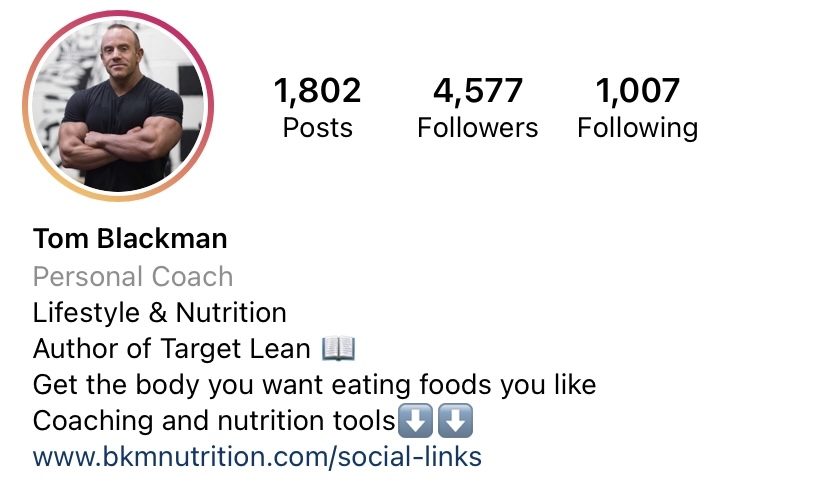
To work with me to develop a stronger Physical, Mental and Inner Health contact me via the website
